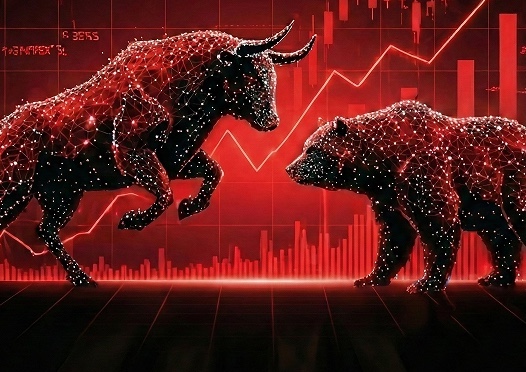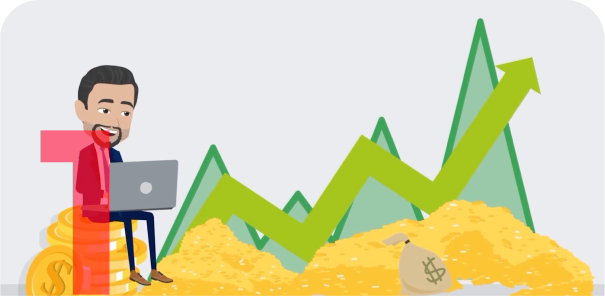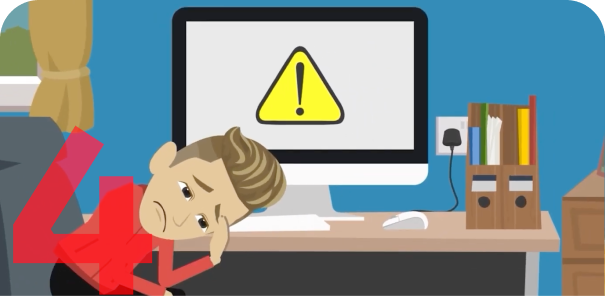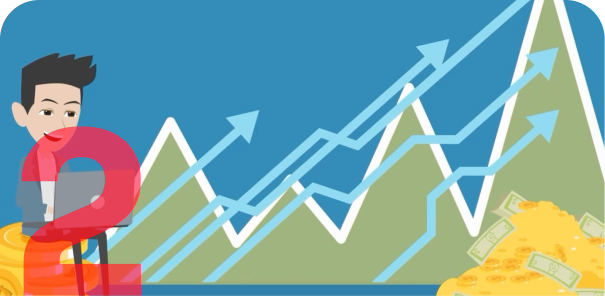
What are basic trader actions on the platform?
In this video, we cover the following questions:
What is funding ❓
How to withdraw money ❓
What is opening and closing a position ❓
Another Tutorials

In this video, we cover the following questions:
What are the types of derivatives ❓
What is spot ❓
What are futures ❓
What is margin ❓
What is CFD trading ❓

In this video, we cover the following questions:
How to follow the news and the global market ❓
When is the right time to close ❓
How to avoid risk ❓

In this video, we cover the following questions:
What is a margin call ❓
When is the right time to make a margin call ❓
How to avoid risk ❓

In this video, we cover the following questions:
What is an IPO ❓
What is a bull market ❓
What is a bear market ❓
What is the forex market ❓

In this video, we cover the following questions:
What is CFD ❓
What are the 4 basic CFD instruments ❓
What are stocks ❓
How does leverage work ❓


